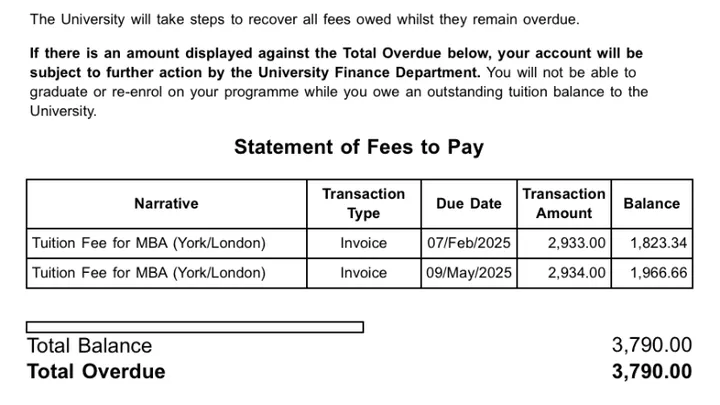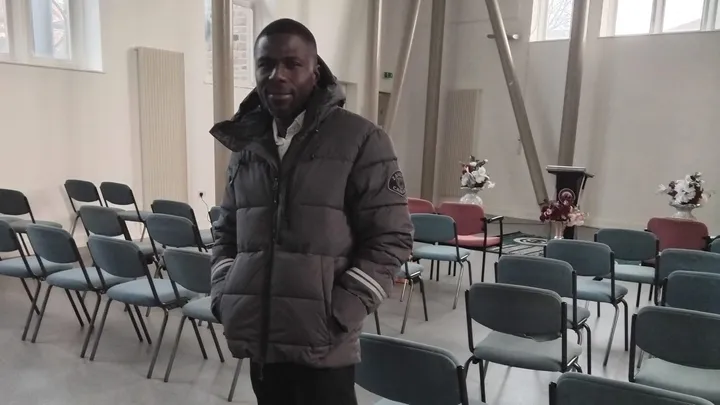
Source: The Guardian
Winston Knight, 64, is finally being permitted to return to the United Kingdom after more than ten years of living on the streets of Kingston, Jamaica. The UK Home Office has formally cancelled the man’s deportation order and acknowledged their mistake, claiming that he is a member of the Windrush generation because he arrived in the UK as a youngster in 1966 and has been there for more than 47 years.
Knight reportedly received a minor conviction during the 2011 riots, which led to his unjust deportation to Jamaica in 2013. As a result, he hired a group of attorneys who maintained that his dismissal was illegal and contended that it was an “opportunistic mistake.” According to his lawyer, he was traumatised by violence and lived in fear for 12 years while homeless and without family ties on the island of Jamaica.
Knight stated that he is doing much better now, that he is aware that he has won his case, and that he will be going back to the UK shortly after the news broke that he had won.
“I’m coming from hell. I survived by eating from the market and was called a ‘deportee’ and ‘English’ in Jamaica. I am grateful I survived. Thank God, he added”.
Knight has endured unspeakable injury from being homeless in a highly unstable situation for a total of 12 years, according to his attorney, Nina Kamp of Duncan Lewis Solicitors. According to Kamp, this instance is one of the worst injustices related to the Windrush that they have witnessed.
“The Home Secretary has formally acknowledged that Winston Knight is a member of the Windrush generation and was unlawfully deported to Jamaica in 2013, following a judicial review challenge brought by our team, Kamp asserted”.
Home Secretary Yvette Cooper acknowledged the matter just hours before the final hearing, but she has failed to issue an official apology despite the Home Office’s admission of responsibility.
Winston Knight is now anticipated to make his way back to the UK in the upcoming weeks, right before June 22nd’s Windrush Day.















This is truly a story of resilience and injustice. Winston Knight’s ordeal highlights the systemic failures that so many in the Windrush generation have faced. It’s shocking how a minor conviction led to such a devastating and unlawful deportation, leaving him homeless and traumatized for over a decade. While it’s a relief that the Home Office has finally corrected their mistake, the lack of an official apology feels like a glaring omission. Nina Kamp’s description of this as one of the worst Windrush injustices is deeply troubling—how many more cases like this exist? Winston’s strength to endure and fight for his rightful return is admirable, but it begs the question: what is being done to ensure this never happens again? Do you think the Home Secretary’s failure to apologize undermines the justice Winston has finally received?
It’s heartbreaking to hear about Winston Knight’s ordeal and the injustice he faced for over a decade. The fact that he was deported over a minor conviction and left homeless in Jamaica is truly appalling. While it’s a relief that the Home Office has finally acknowledged their mistake, the lack of an official apology is disappointing. This case highlights the ongoing struggles of the Windrush generation and the systemic failures they’ve endured. It’s good to know Winston is doing better and will soon return to the UK, but what steps are being taken to ensure such mistakes don’t happen again? How can we hold the Home Office accountable for the trauma they’ve caused? This story is a stark reminder of the need for justice and reparations for those affected.
This is such a powerful and heartbreaking story. It’s hard to believe that Winston Knight had to endure 12 years of homelessness and fear due to a wrongful deportation. The fact that the Home Office acknowledged their mistake but hasn’t issued an official apology is deeply disappointing. It’s a reminder of how systemic failures can devastate lives, especially for the Windrush generation. I’m glad he’s finally returning to the UK, but the trauma he’s faced can’t be undone. How can we ensure that such injustices don’t happen again? What steps is the government taking to prevent similar cases in the future? This story really makes you question the fairness of the system.